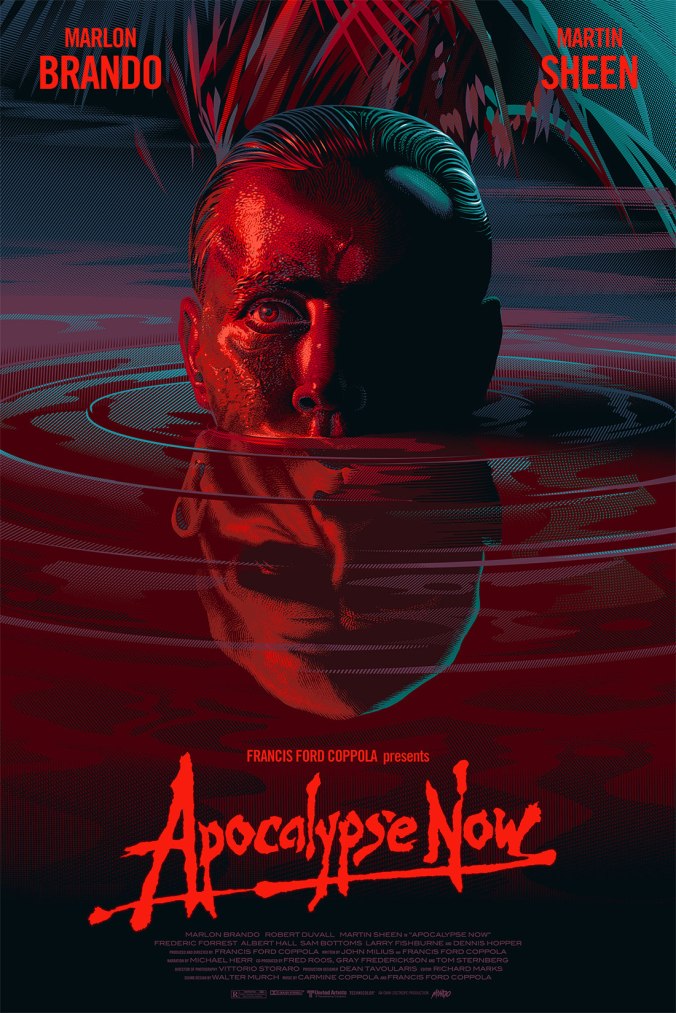The concluding post from the author herself, drawing our symposium on The Ideal River to a close. Dr Joanne Yao is Senior Lecturer in International Relations in the School of Politics and International Relations at Queen Mary, University of London. Previously, Joanne taught at Durham University and the LSE, where she completed her PhD in 2017. Joanne was also one of three editors of Millennium: Journal of International Studies for Volume 43 (2014-2015) and is currently a member of Millennium’s Board of Trustees.Her research centers on environmental history and politics, historical international relations, international hierarchies and orders, and the development of early international organizations. The Ideal River is her first book; Joanne’s next project focuses on the history of Antarctica and early outer space exploration.
One question that repeatedly comes up from readers of this book is about its disciplinary identity. On the one hand, this is one of the book’s strengths – it seems to shapeshift across disciplinary boundaries and some of the central conclusions, particularly on the desire to control nature as a marker of a Western-led (imposed) modernity, might have been arrived at from a variety of different disciplinary starting points. On the other hand, this question puzzles me since the book is self-consciously situated in International Relations which is a clear path-dependent consequence of the intellectual riverbeds my own thinking has flown through. Perhaps what they wish to know is how did someone who started her academic life with the ‘Great Debates’ of IR end up contemplating the physical and metaphysical river (especially since I might have gotten ‘here’ more quickly and eloquently from elsewhere). But like all aspects of social and political life, we don’t get to re-run the experiment, and so this book is here, with its IR-warts and all.
But aside from my own intellectually situatedness, this book is a work of IR because, alongside the three rivers, international institutions are also pivotal characters in my story. Perhaps starting from IR, this point is obvious, and I felt the harder sell was to illuminate my three rivers as worthy protagonists in a story about international order. For this, I might have neglected my other characters.
Continue reading





